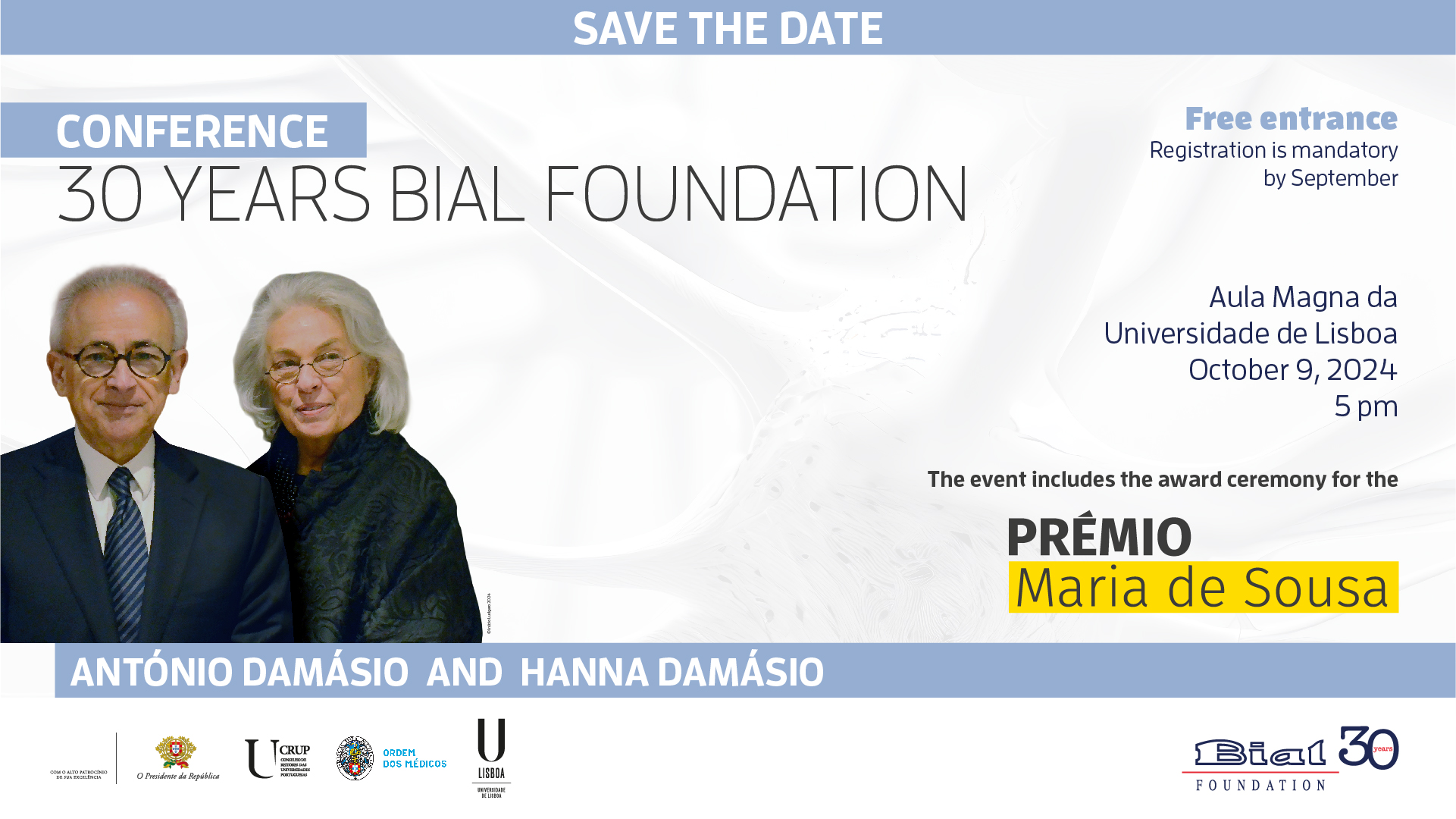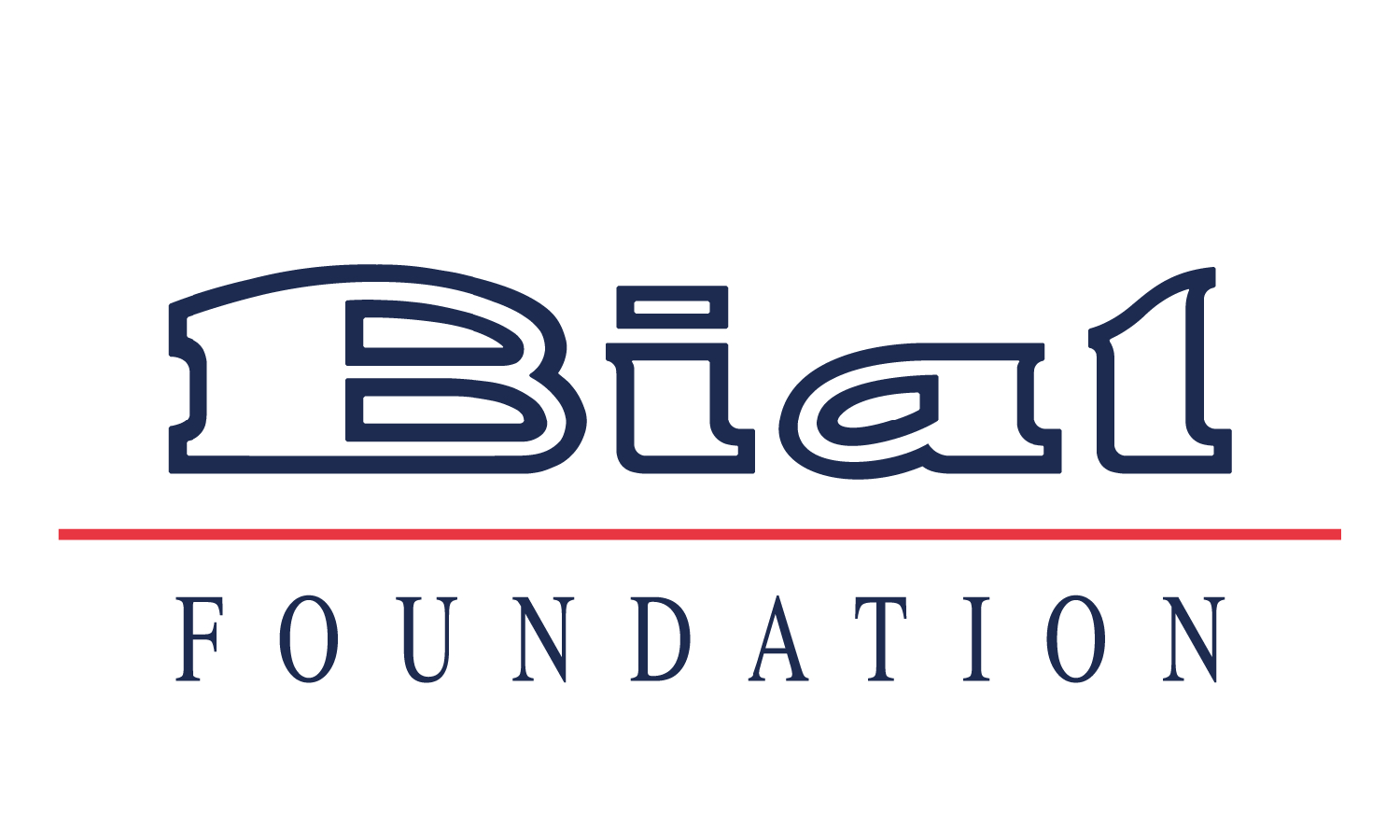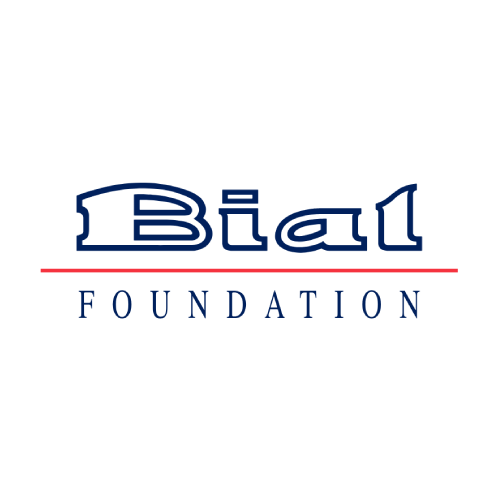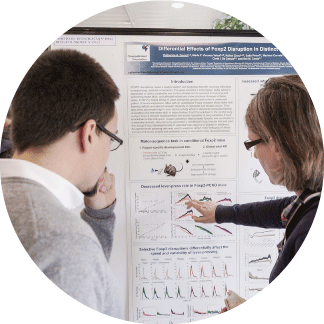News
Top Stories

Newborn hearing analysis can predict neurophysiological development at 12 months
Study shows an association between auditory processing and developmental outcomes in infants, crucial for the early detection of neurodevelopmental disorders.

Do expectant fathers and mothers experience pregnancy differently?
A study has shown that there are neural and psychological differences between men and women during pregnancy.

Can we self-regulate our brain through training?
A study of neurofeedback reveals that the behavioural effects seem to be the same whether real or sham feedback is given.
News

BIAL Foundation brings António Damásio to Portugal for conference "On the Physiology of the Mind"
To mark its 30th anniversary, the BIAL Foundation is bringing António Damásio and Hanna Damásio to Portugal for a conference on October 9 in Lisbon.

Do psi researchers and skeptics think alike?
Psi phenomena, such as extra-sensory perception and post-mortem survival, that are not explained by known cognitive, neural, or physiological processes, have generated interest and curiosity, but also controversy. Cognitive styles related to evaluating evidence and reaching conclusions are relevant to the controversial nature of psi, as they provide a deeper look into how different groups approach the psi phenomena. The research team, led by Marieta Pehlivanova, compared the cognitive styles, precisely the actively open-minded thinking (AOT) and the need for closure (NFC), of 144 participants divided into four groups: academic psi researchers, lay individuals who believe in psi, academics who are skeptics of psi, and lay individuals who are skeptics. On the one hand, they observed that academic psi researchers demonstrated high levels of AOT, like academic and lay skeptics, and the lay psi group had lower levels of AOT than the other groups. On the other hand, no significant differences in NFC were found among the groups, and academic psi researchers exhibited high psi belief levels comparable to lay believers. These findings suggest that despite their high belief in psi phenomena, psi researchers have a need for certainty and to collect evidence to support reasoning as skeptics. This study was developed within the scope of the research project 212/20 - Comparing cognitive styles among parapsychology researchers, psi-believers, and skeptics, supported by the BIAL Foundation, and published in the scientific journal Frontiers in Psychology, in the article Cognitive styles and psi: psi researchers are more similar to skeptics than to lay believers.

What are the effects of expectation on face perception and its relationship with expertise?
In the scope of the research project 129/20 - Investigating the role of expertise in the predictive coding framework combining time resolved neural and behavioural evidence, supported by the BIAL Foundation, Marie Smith and colleagues, through a behavioural categorization task in which 67 participants learned the probabilistic association between a colour cue and a high and low expertise category (faces and cars respectively), they assessed the individual level of expertise in each category. They found that the perception of the high expertise category (faces) was modulated by expectation. That is, there was a faster response when the faces were expected. Furthermore, in the analysis of neural activity (EEG), there were effects of expectation, with significant decoding of the neural response to expected stimuli. These results support the influence of expectation on face perception, highlight the role of expertise and draw attention to individual variability, which is often neglected. More information is available in the article Effects of expectation on face perception and its association with expertise published in the scientific journal Scientific Reports.





